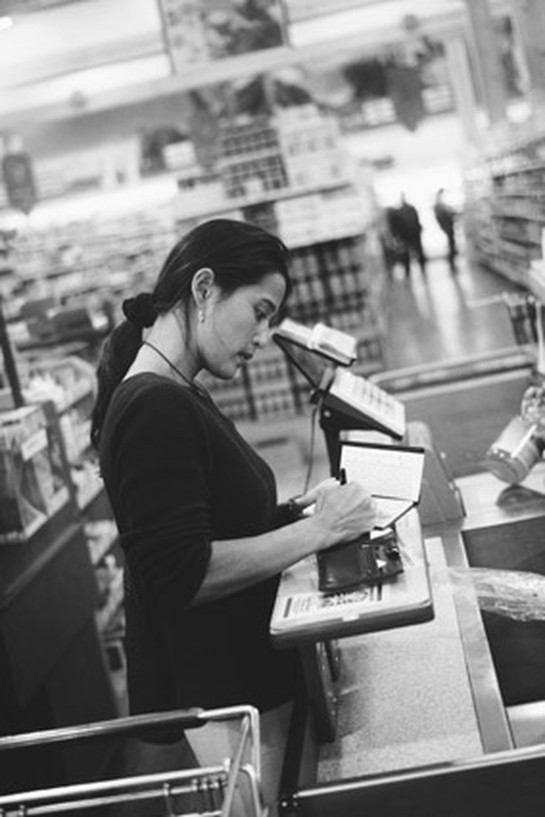Money Meltdowns You Need to Have (Only Once)
Nobody should ever, ever have to face a huge money disaster, like loss of a job or home. A small fiscal blunder, on the other hand, can teach you something—about what to do differently.
By Leigh Newman
Becoming one of those mug shots on the supermarket wall.
At the grocery store near my home, there is a wall upon which the manager affixes snapshots of people who write bad checks. Scattered among the photographs are actual bad checks with ominous red stamps on them saying something like, "BOUNCED!" Though you probably haven't appeared on such a wall, you probably have thought, dreamed or hallucinated that you had enough money for something you wanted and scribbled down the amount on a check, only to realize—too late—that you did not have enough at all. In the best-case scenario, the bank will inform you of your error with a grim letter outlining your overdraft fees. In the worst, your friend who needed the money you supposedly gave her to pay for dinner, will call you up and say, "Uh...your check from last week didn't, uh, well, uh...work." Putting aside the obvious shame and blathering apologies you will be forced to engage in for a minute, let's think about the numbers. The FDIC found that the average overdraft fee is $27, and also discovered that if you bounced a $20 check, you're paying an APR of...3,520 percent. I'm going to say it one more time using that figure's more emotional-accurate figures: #%@)%!!!!!! Intellectually, you may understand that that rate of 3,520 is frightful and wrong and not good, but in order to force yourself to balance your accounts and never, ever, ever bounce a check again, you need to have paid it—once.
Published 12/19/2013


